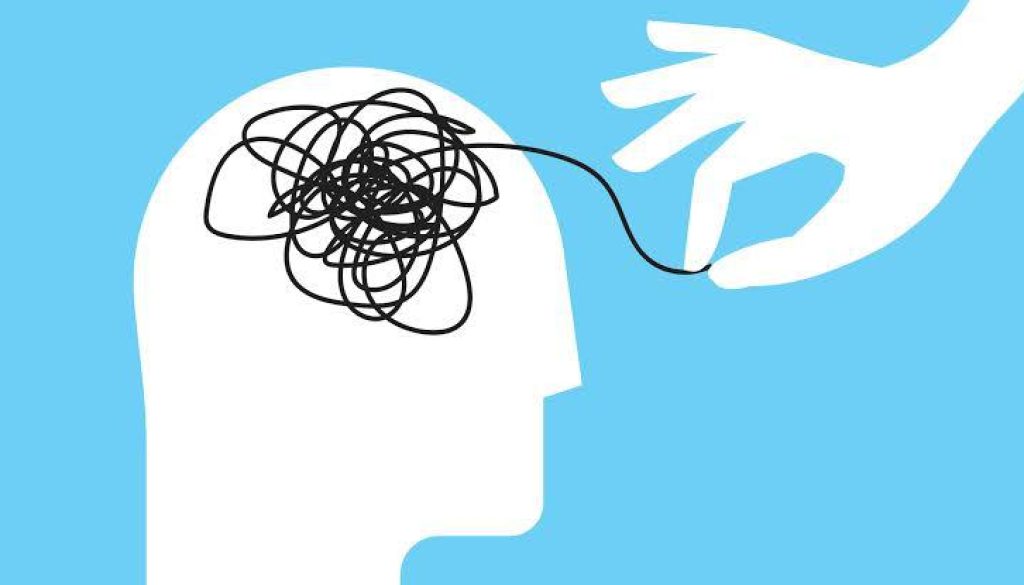Mental Health and Self-Compassion: Practicing Kindness and Understanding
Mental Health and Self-Compassion: Practicing Kindness and Understanding
Self-compassion is the practice of treating oneself with kindness, understanding, and acceptance, especially during difficult times. It involves recognizing that imperfection is a natural part of the human experience and that everyone makes mistakes. In the context of mental health, self-compassion is essential for building resilience, promoting emotional well-being, and fostering a positive relationship with oneself.
The Importance of Self-Compassion in Mental Health
Self-compassion is crucial for maintaining good mental health. When we practice self-compassion, we:
1. Reduce self-criticism: Self-compassion helps us to be kinder to ourselves, reducing the negative self-talk that can exacerbate mental health issues.
2. Increase emotional resilience: By practicing self-compassion, we can better cope with difficult emotions and bounce back from adversity.
3. Promote positive self-image: Self-compassion helps us to develop a more positive and realistic self-image, reducing the risk of mental health issues such as depression and anxiety.
4. Enhance mindfulness: Self-compassion encourages us to be more mindful and present in our daily lives, reducing stress and increasing overall well-being.
Practicing Self-Compassion
So, how can we practice self-compassion in our daily lives? Here are some tips:
1. Treat yourself with kindness: Speak to yourself in a kind and supportive way, just as you would to a close friend.
2. Practice mindfulness: Take time to focus on the present moment, without judgment or criticism.
3. Acknowledge your imperfections: Recognize that everyone makes mistakes and that it’s okay not to be perfect.
4. Take care of yourself: Engage in activities that promote physical and emotional well-being, such as exercise, meditation, or spending time in nature.
5. Seek support: Reach out to friends, family, or mental health professionals for support and guidance.
Conclusion
Self-compassion is a powerful tool for promoting mental health and well-being. By practicing self-compassion, we can reduce self-criticism, increase emotional resilience, promote positive self-image, and enhance mindfulness. Remember, self-compassion is not selfish; it’s essential for building a positive and supportive relationship with oneself.
Recommendations for Further Action
1. Practice self-compassion daily, using techniques such as mindfulness and positive self-talk.
2. Seek support from friends, family, or mental health professionals when needed.
3. Engage in activities that promote physical and emotional well-being, such as exercise, meditation, or spending time in nature.
4. Challenge negative self-talk and replace it with kind and supportive language.
5. Educate yourself on mental health issues and self-compassion practices to better support yourself and others.



